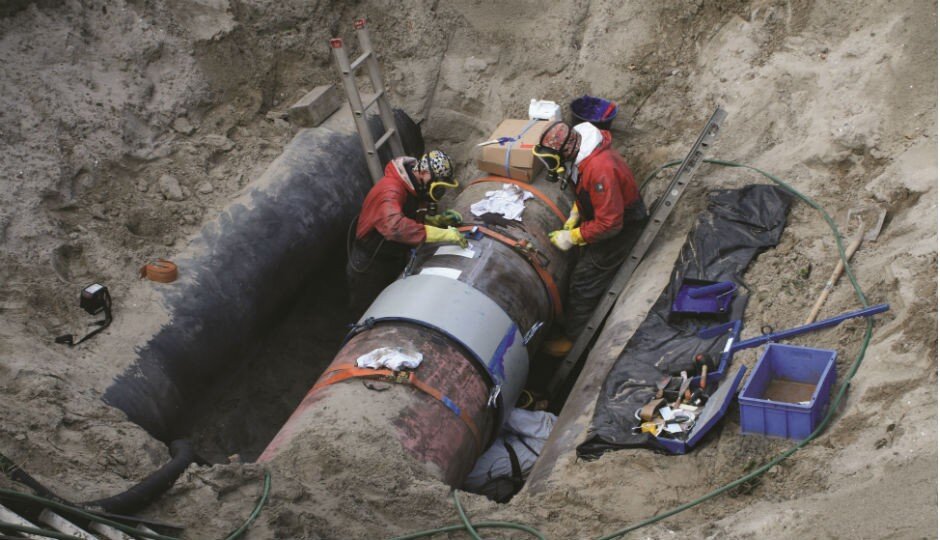NIGTC indigenizes new technology to maintain high pressure pipelines

TEHRAN – National Iranian Gas Transmission Company (NIGTC) has localized the technological know-how of repairing high pressure gas pipelines using composite wrapping, Shana reported on Saturday.
“For the first time, the knowledge of high-pressure gas pipeline repairs using composite technology has become indigenized by capable Iranian knowledge-based companies,” NIGTC’s Managing Director Saied Tavakoli told the oil ministry’s news portal.
According to the official, considering the U.S. sanctions on the country’s oil and gas industry, indigenizing this technology was put on the agenda since two years ago.
“Repairing high-pressure gas pipelines using composite wrapping was previously monopolized by U.S. and European companies,” he said.
The official noted that the mentioned companies couldn’t provide any services to Iran because of the sanctions, “So NIGTC decided to invest on the potentials and capabilities of domestic companies and it paid off well.”
Back in July, NIGTC had announced that Iranian experts also achieved the know-how for producing vibration monitoring and protection systems for gas transmission lines.
According to Tavakoli, the domestically-made vibration monitoring and protection systems would be 20 more cost-efficient than foreign samples, IRNA reported.
In May 2018, Donald Trump withdrew the U.S. from an international deal with Iran, formally known as the Joint Comprehensive Plan of Action (JCPOA), and in November the sanctions were reimposed on the country’s energy sector.
Since then, most of the foreign companies and manufacturers of industry equipment which were collaborating with Iran, cut their ties threatened by the consequences of having economic ties with Tehran.
In this regard, the country has been taking all necessary measures to push through the situation and withstand the pressures imposed by the sanction.
Therefore, moving toward domestic production and manufacturing all the necessary equipment inside the country has become a top priory for the Iranian government in the past few years.
EF/MA
Leave a Comment